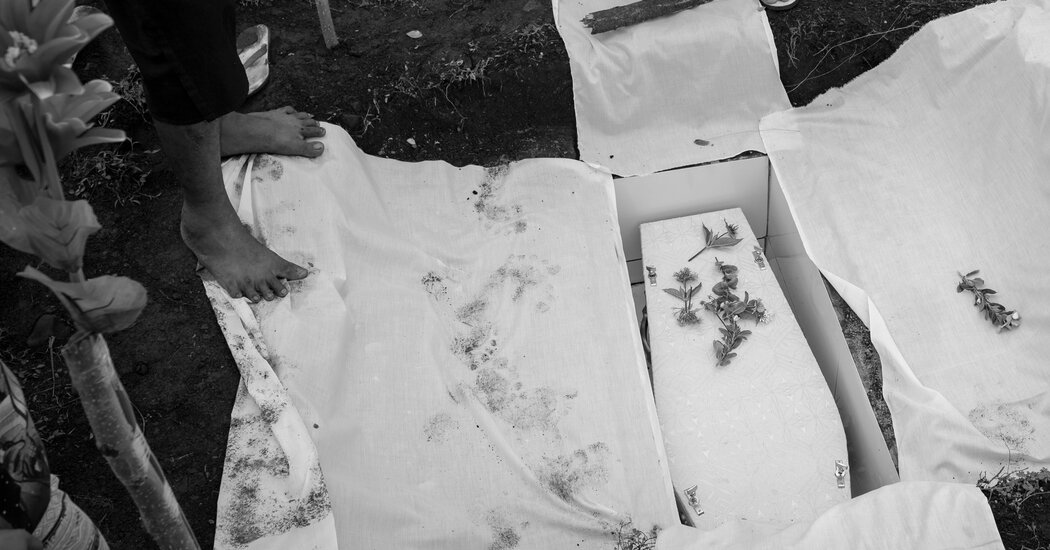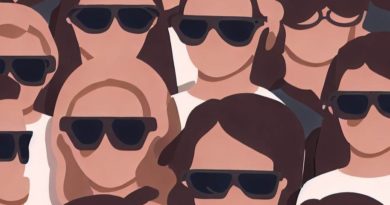Opinion | I’ll Never Forget What Kennedy Did During Samoa’s Measles Outbreak

In early December 2019, I called Faimalotoa Kika Stowers, the health minister of Samoa. The measles outbreak that began earlier that fall on her small Pacific island nation had spread out of control and become an epidemic that threatened to overwhelm the country. The deep bond Hawaii shares with Samoa meant this was a shared crisis. As the lieutenant governor of Hawaii at the time and a practicing physician, I knew we needed to act quickly to save lives.
Almost 20 years earlier, I arrived on Hawaii’s Big Island as part of the National Health Service Corps to practice medicine at a small clinic in a remote community. I learned the value of preventive health care for rural, low-income patients, and the essential fact that vaccines are one of the most effective tools we have to prevent illness and save lives, especially those of children. As a rule, keeping vaccination rates above 95 percent can protect an entire population from infectious diseases like measles.
But when vaccination rates fall, preventable diseases can regain a foothold and pose a new danger. And that’s precisely what happened in Samoa, after misinformation spread by anti-vaccine activists eroded trust in vaccines and led to the 2019 outbreak. Thousands of preventable cases of measles sprang up, leading to the deaths of 83 people, mostly children. One of the most prominent voices behind the anti-vaccine campaign was Robert F. Kennedy Jr.
Vaccines and public health vaccination programs are not just medical interventions; they are also moral imperatives. They embody our commitment to saving lives, ending disease and protecting the health and well-being of future generations. If Mr. Kennedy is confirmed as secretary of the Department of Health and Human Services under Donald Trump and serves as our nation’s chief health care officer, there is a real danger that he will continue to spread doubt and misinformation, potentially causing vaccination rates to fall and leading to more preventable deaths. America can’t allow that to happen.
The tragedy in Samoa five years ago shows not just how lower vaccination rates can lead to a public health crisis but also how renewed vaccination campaigns can end such crises. I recall offering Ms. Stowers our immediate assistance, pledging five doctors from Hawaii and 5,000 doses of the measles vaccine. She asked if we could do more.
Within 48 hours, we assembled an extraordinary emergency medical team of about 75 volunteer nurses and doctors to fly to Samoa. Organizations such as UNICEF and the Health Care Association of Hawaii provided essential medical supplies, including vaccines. The team’s willingness to drop everything to help a neighboring Pacific nation was nothing short of extraordinary.


